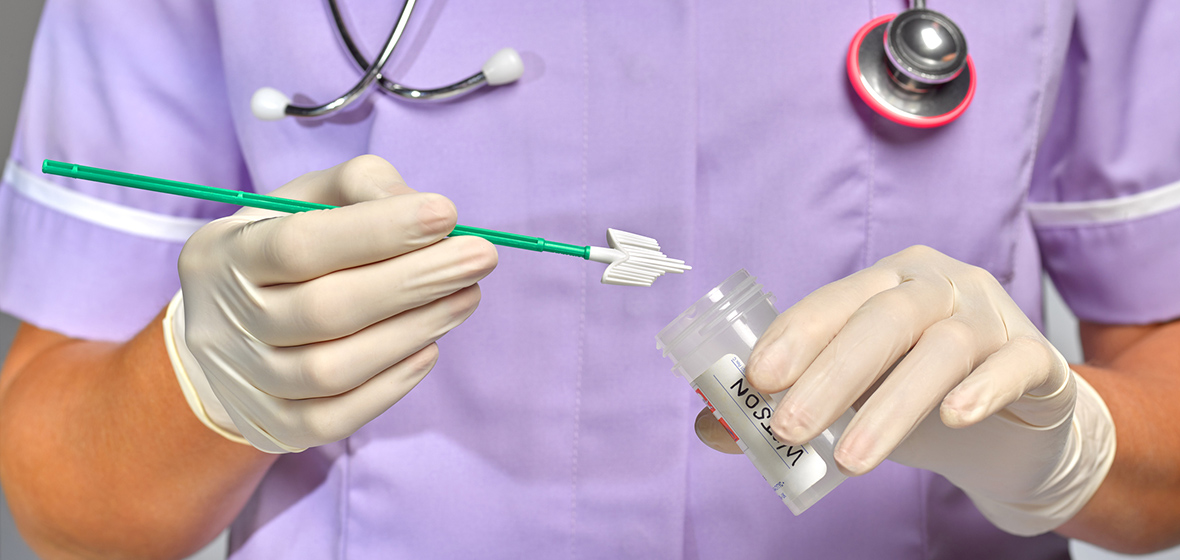
A Pap smear is an essential test for women to complete, because it can help detect cervical cancer, according to the Centers for Disease Control and Prevention. Pap smears can also help women prevent cervical cancer because it can detect any precancerous cells that could turn into cervical cancer without treatment. Women with cervical precancer usually do not have symptoms, so Pap smears are vital for screening purposes.
What is the Process?
Primary care providers and gynecologists can usually perform the quick procedure.
At your appointment, your provider will examine your vagina and cervix using a speculum, which is a metal or plastic tool. You may feel some pressure, slight pain or a pinching sensation during the procedure. Your provider will use the speculum to take a few cells and some mucus from the cervical area.
The collected sample will be sent to a lab for analysis. Usually, Pap smear results come back quickly. In some cases, results can take up to three weeks to come back.
If the lab results are normal, you don’t need to do anything else. If the results are inconclusive or abnormal, you may need a follow-up appointment or you may need treatment to remove precancerous or cancerous cells. Your provider will talk to you about your next steps.
How Often Should I Get a Pap Smear?
Women should get their first Pap smear when they are 21 years old. Usually, if your Pap results are normal, you can get a Pap smear once every three years if you are between 21 and 65 years old.
Women who are older than 65 may no longer need a Pap smear if certain conditions are met. To no longer need a Pap smear, women older than 65 should have had three normal Pap smears in the last decade, should never have had cervical precancer OR should have had their cervix removed during a hysterectomy as the result of a medical issue that was not cancer.
Do I Need to Do Anything to Prepare for the Pap Smear?
To ensure your Pap results are as accurate as possible, you can abstain from sex starting two days before your Pap smear. It is also recommended to not use a douche, spermicidal foam or vaginal medications starting two days before the procedure.
If you do have sex two days or sooner before your Pap smear, you can still get the procedure done, but disclose it with your provider.
You can still get your Pap smear completed if you are on your menstrual period.
Trust UofL Health with Your Health Needs
UofL Health has the following locations that specialize in Pap smears:









